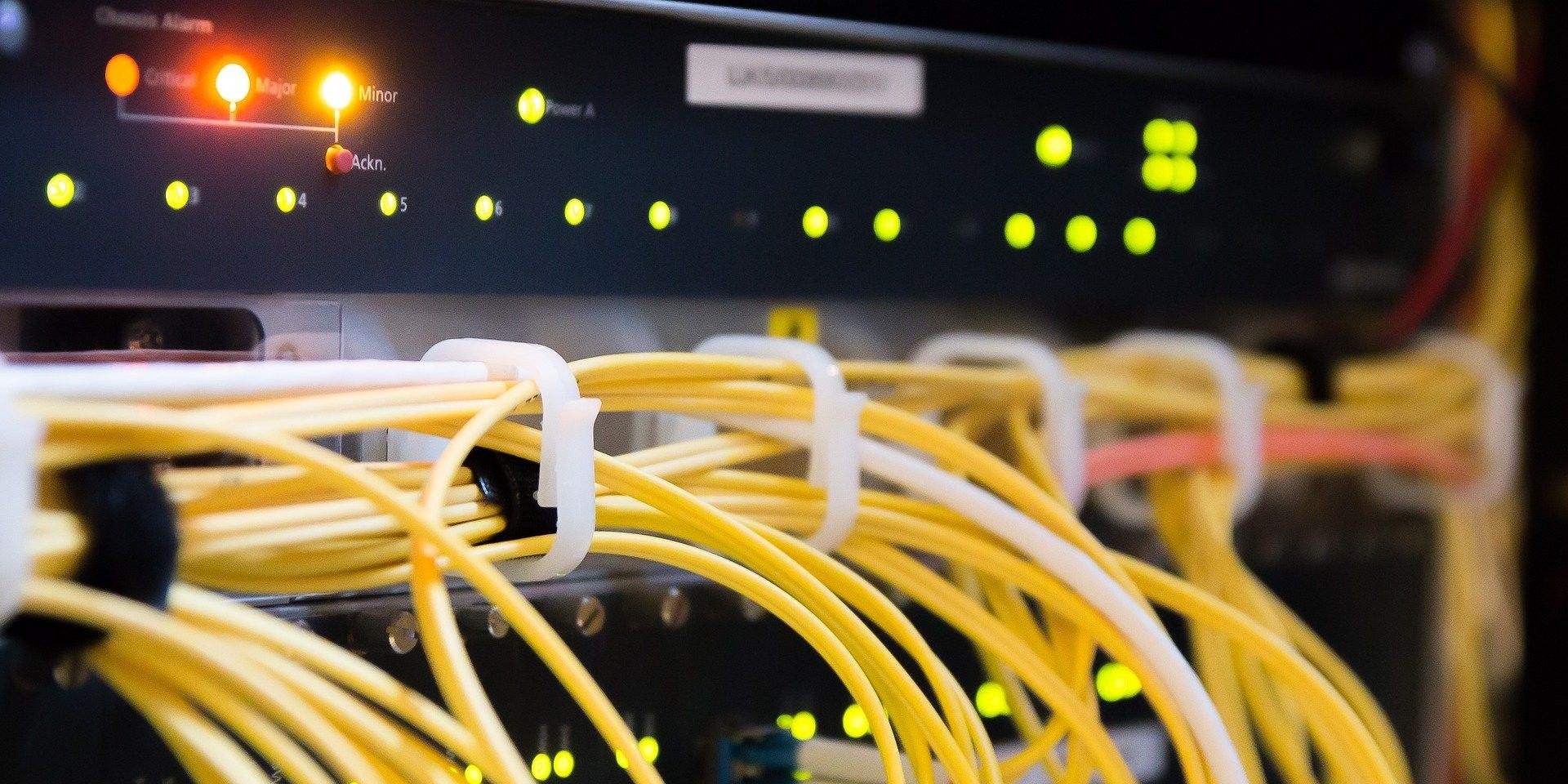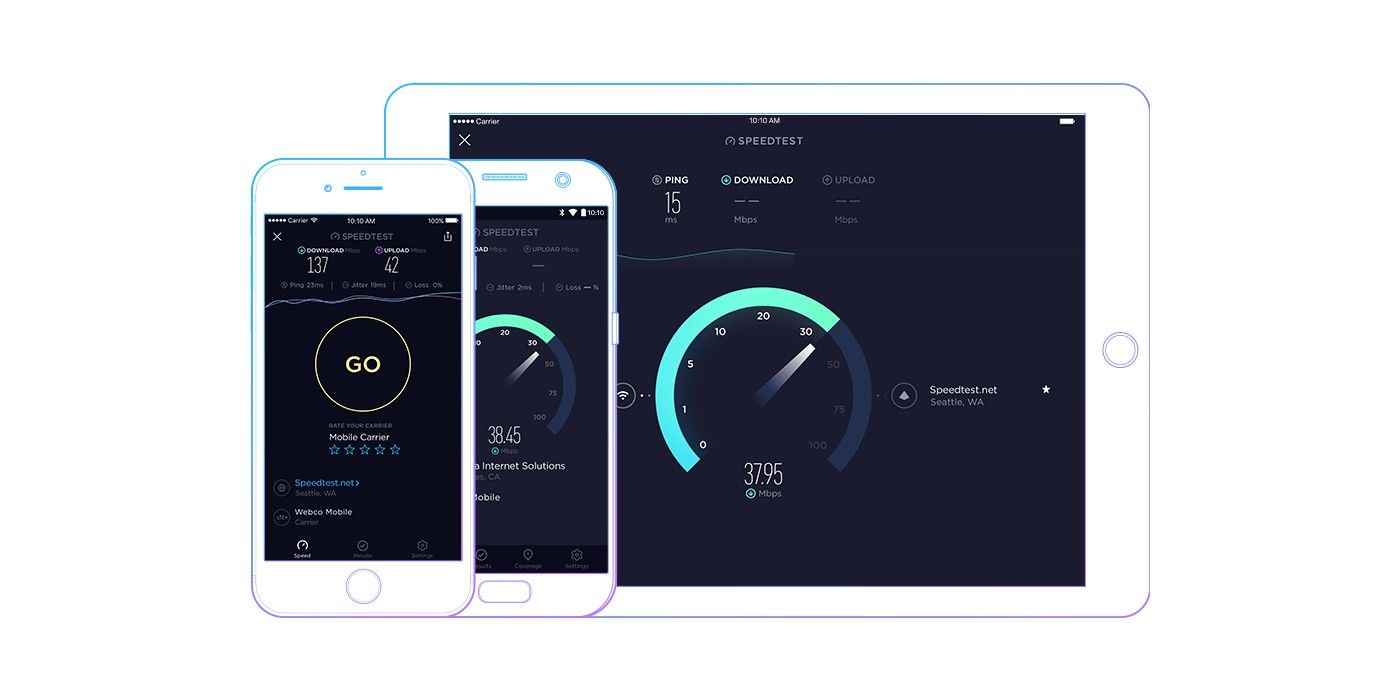Your broadband provider probably promised you a blazing fast speed but only delivers halfway, and you may not be the only one, either. According to a report that appeared yesterday in the Wall Street Journal, nearly all of the major broadband providers are being implicated in an article that details how FCC tests that measure Internet speed are totally controlled by broadband providers - allowing them to pick and choose which data to share to make their service look faster than it really is. Telecom consultant Mark Lubow told WSJ that it can be "hard to trust the numbers when you know" that they are manipulated.
Your typical broadband provider like Comcast offers packages with download speeds "up to" 100 to 1000 Mbps. That number is already intentionally confusing enough as providers cling to the largely obsolete megabits measurement instead of the far more relevant and easier to understand megabyte scale (most likely because it would make their numbers look a lot smaller). But from the numbers cited in the report, many users only averaged between just 25% and 50% of their promised maximum download speed.
It's easy to understand why end-users wouldn't always get maximum download speeds. There can be congestion on websites, your neighbor might be torrenting a terabyte of data, and so on. But instead of factoring in these service slowdowns, the report suggests that many cable providers are manipulating the data they provide to the FCC by saying that subscribers with slow connection speeds are not representative of their subscription plan and thus don't reflect the speed offerings. The report even suggests that in some cases, as much as 27% of subscriber speed data that is monitored through an opt-in program is discarded. In other words, their speed results look faster than they really are in practice because they fudged the numbers.
Are You Getting Your Money's Worth of Broadband Speed?
One way to test your Internet connection to see if you are getting what you were promised is to use a few different speed test websites. These sites will test your connection with both an upload and download to a relatively nearby server. Try running this test a few times on different days and at different times of the day to get an average. If the numbers you are getting are far below what you expected, you may want to call your service provider and see what they have to say about it. There's no guarantees exactly on what they will do as each company will have a different policy, but it doesn't hurt to at least speak up about it.
If your provider refuses to act and you are lucky enough to have multiple options for Internet providers (and not everyone does), you may want to consider making a switch. Hopefully with this revelation, the FCC will step forward and make changes to their speed monitoring program so that they are the ones who decide which data is kept in the final report, and which is excluded. If cable providers themselves are able to make that determination, then consumers will likely never know the truth about what they are paying for and what they are getting in exchange.
Source: WSJ


